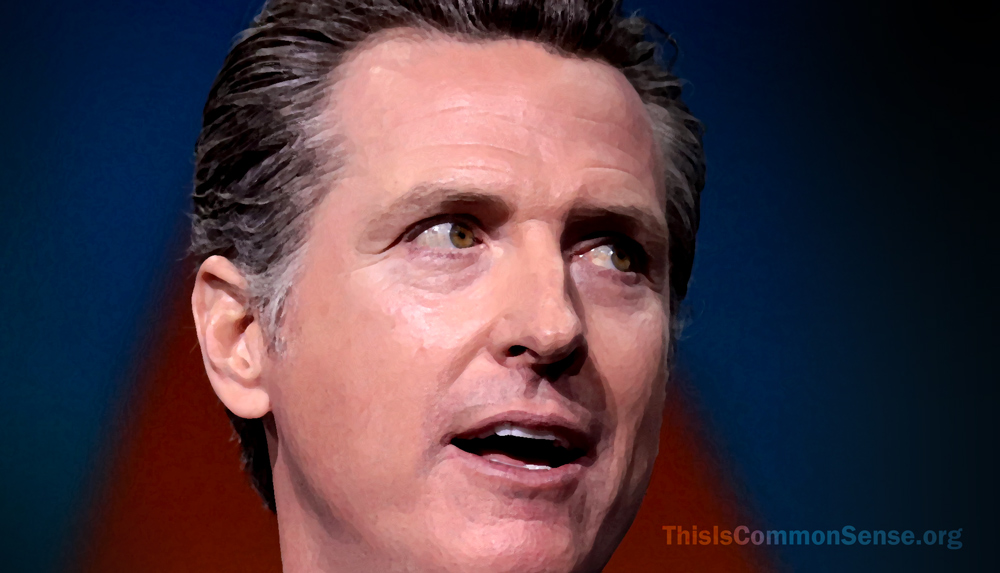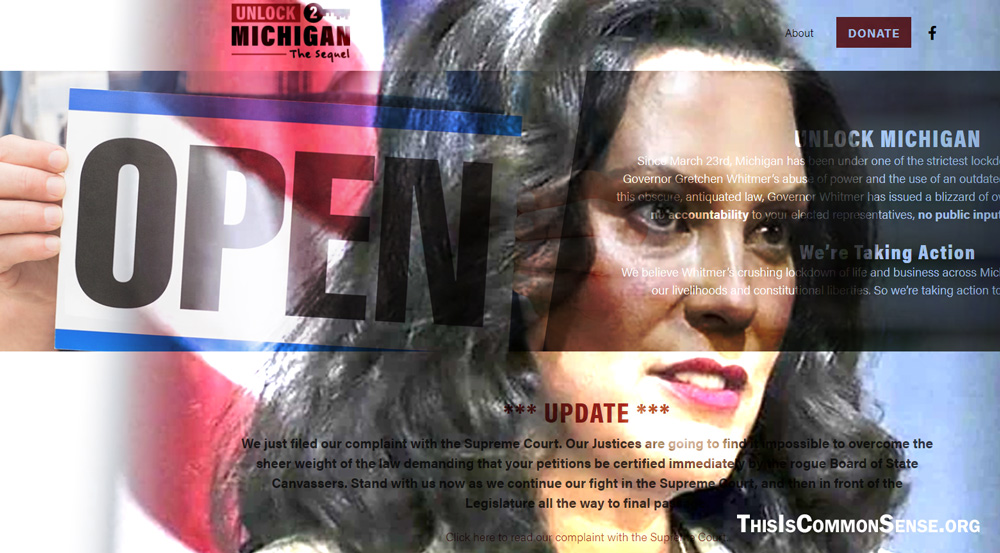The Idaho Supreme Court has stated the obvious.
The question was whether legislation passed by the Republican-dominated Idaho state legislature making it prohibitively difficult to run a successful initiative campaign is consistent with the state constitution.
In August, the court ruled that requiring petitioners to obtain signatures from at least 6 percent of voters in every single legislative district of the state — 35 districts — would usher in “tyranny of the minority.”
It said that the new law “conflicts with the democratic ideals that form the bedrock of the constitutional republic created by the Idaho Constitution, and seriously undermines the people’s initiative and referendum powers enshrined therein.”
As the Idaho Statesman observes, the law would have enabled voters of a single district to prevent a question from reaching the ballot.
The Statesman also smashed the silly argument that the current initiative process somehow burdens specifically rural voters in any quest to post a question.
Under current law, petitioners must obtain signatures from 6 percent of all registered voters in the state and also reach that threshold in at least 18 districts, not all 35 districts. The all-35 mandate would have made the job of running a petition drive massively harder no matter what regions petitioners happen to reside in.
Foes of citizen initiative rights also tend to ignore the fact that getting a question on the ballot hardly constitutes its enactment. Every voter, from whatever part of the state, can then decide Yes or No.
This is Common Sense. I’m Paul Jacob.
—
See all recent commentary
(simplified and organized)





